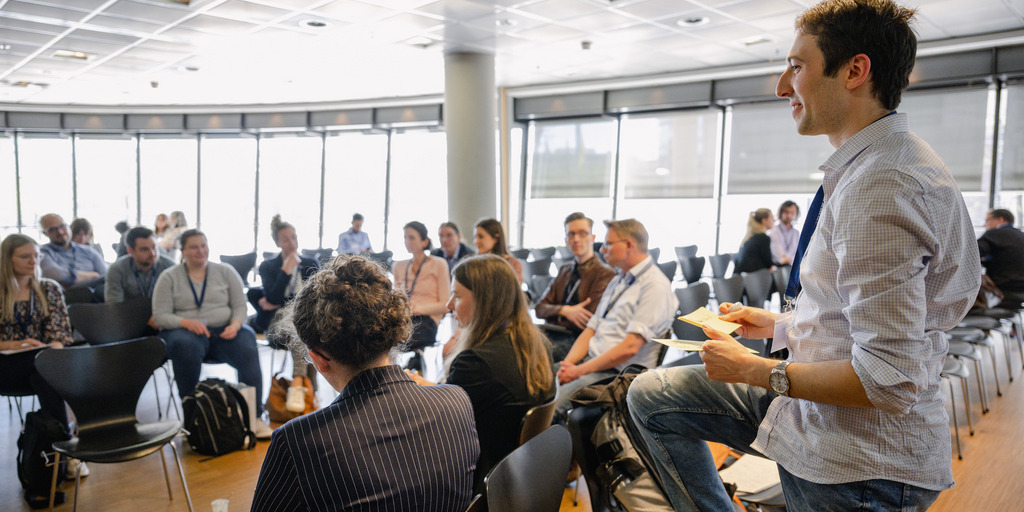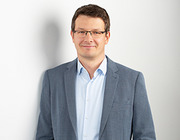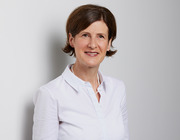One example he gave was the creation of the school development plan for the district of Neuss in the Rhineland, which uses five different data sources for its forecasts, sources that make data available in different formats. “If you’re lucky, then they’re mostly CSV files and you don’t have to figure them out again each time,” he said. “The easiest thing, however, would be if you could create a query once for the different data sources and it would work each time, even if new data were added. That would be possible with linked open data.”
But how can this innovative concept even be defined? “The term ‘linked open data’ refers to a way of finding data, describing data, connecting data and using data,” Frerichs said. The following steps are necessary, he explained, to publish linked open data:
- Model data
- Use existing vocabularies
- Create new vocabularies, if necessary
- Assign URIs
- Publish URIs with descriptions
- Convert data to RDF
- Publish data
Frerichs also presented the classification using five stars developed by Tim Berners-Lee. One star is given for shared PDF documents, five stars for linked open data. In the latter case, URIs from other sources are also used, so that data from different providers can be linked together. Users access one provider’s data and find new data from another linked source.





